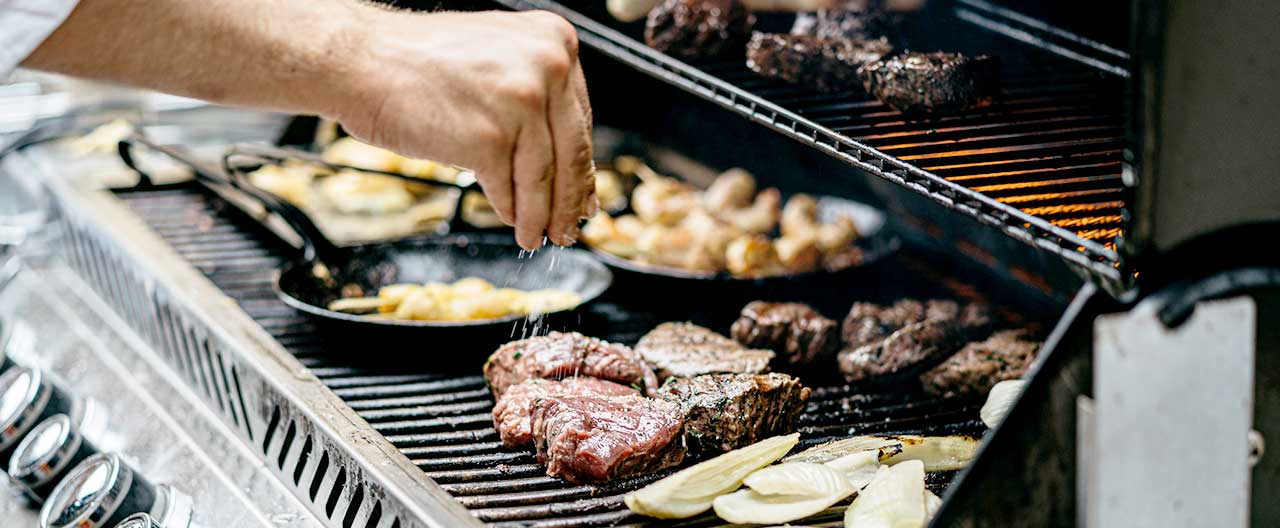- Individuals & Families
- Businesses
- Brokers
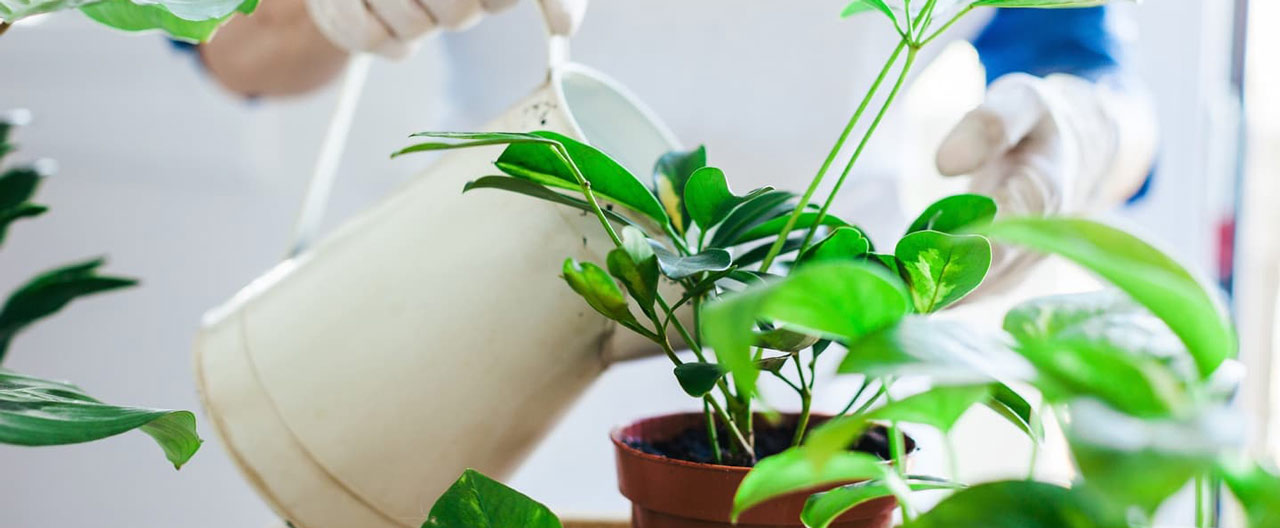
With winter on its way out, you may be ready for some spring cleaning.
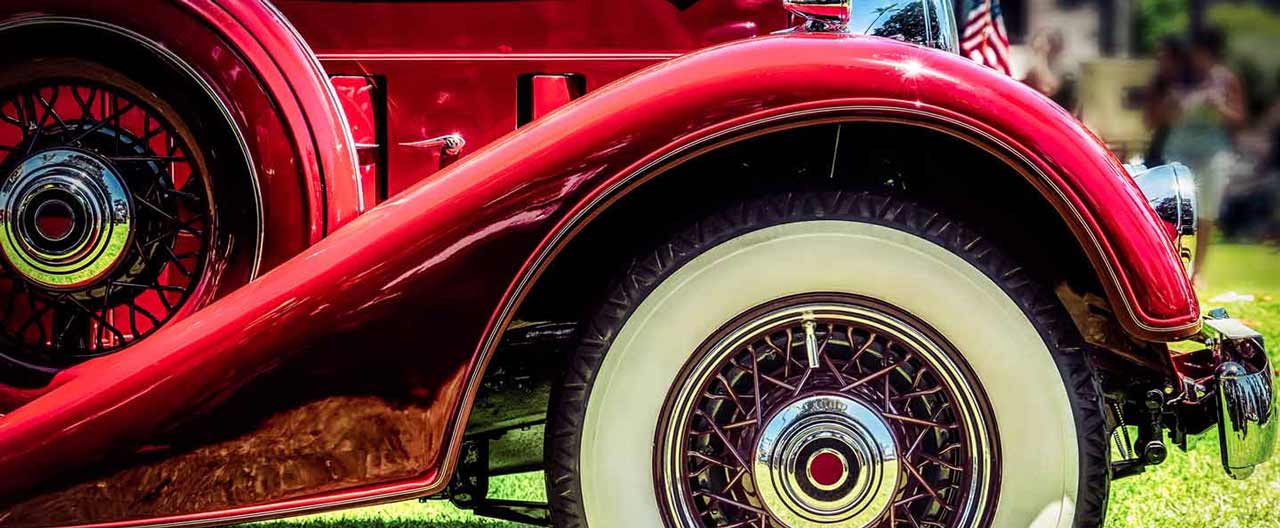
Make sure you protect your classic cars from damage or additional wear and tear.
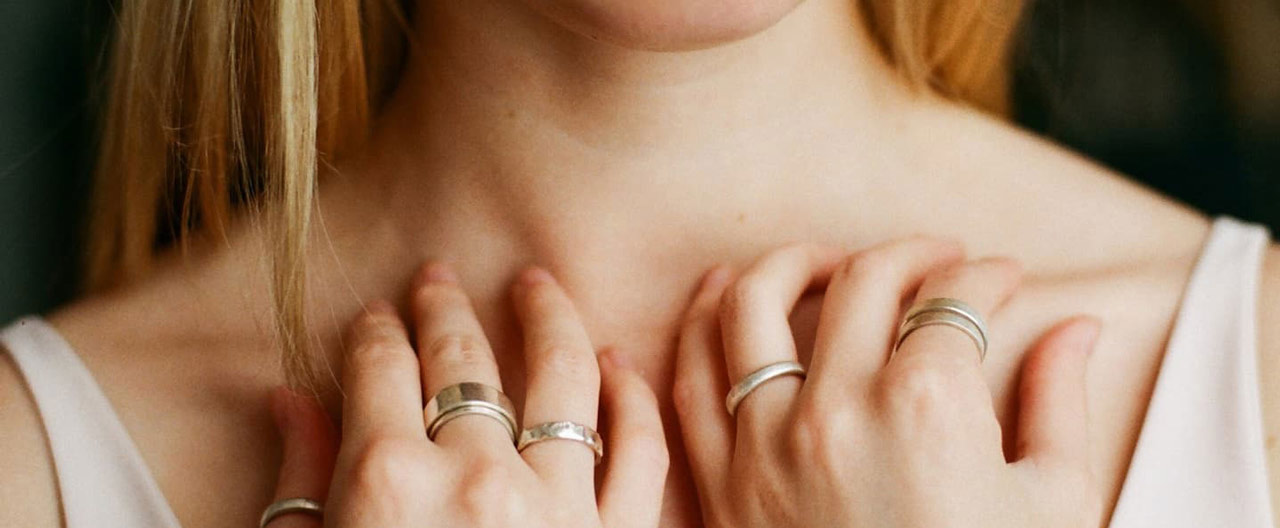
Keep your important papers and small valuables away from burglars, fire or natural disaster.
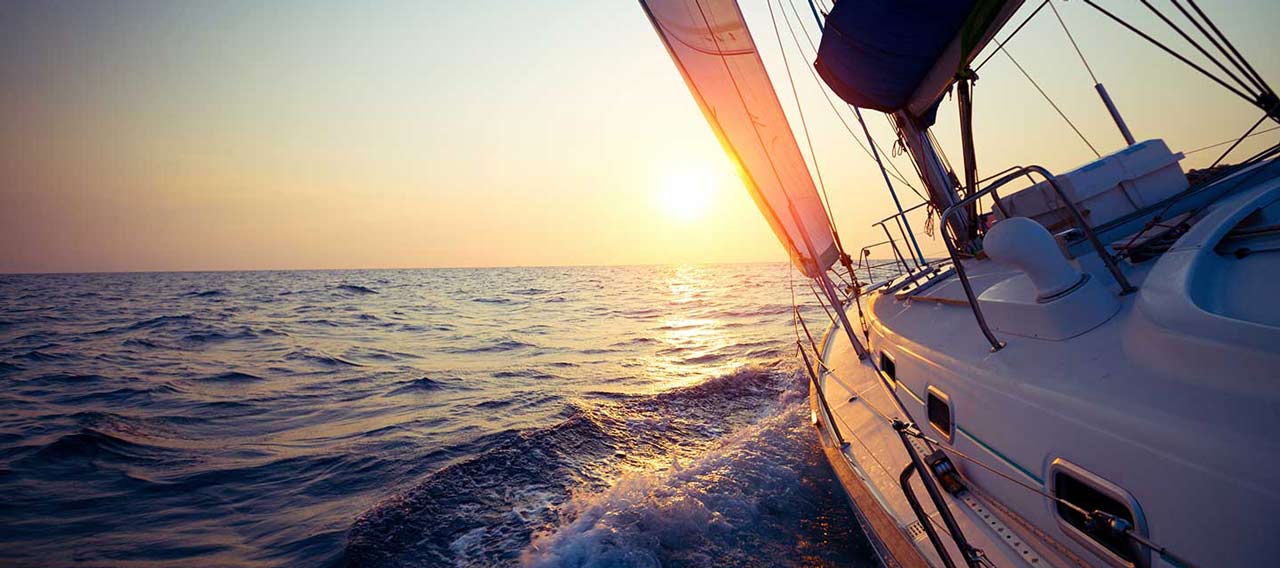
For over a hundred years, we’ve offered unparalleled stability and protection for small boats, yachts, luxury mega-yachts, and more.
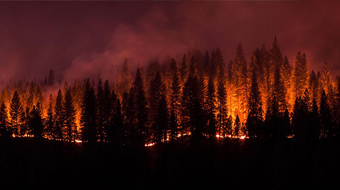
Here are some things you can do to assist firefighters and minimize the damage to your home.

At their worst, disputes between professional service firms and their clients can lead to costly lawsuits.
Summertime is the season of outdoor grilling. When the warmer weather hits, there’s nothing better than the gathering of friends and family members and the smell of food on the grill.
Canadians love cooking outside and are drawn to the open flame of charcoal and gas grills. According to the Hearth, Patio & Barbecue Association (HPBA), seven in ten people own a grill or smoker, with the percentage being even higher in Canada.1 A consumer survey by the HPBA suggests that people enjoy grills for the flavour of grilled food, the lifestyle, entertainment, and convenience. Nevertheless, outdoor cooking is not without risk.2
Why grill safety matters
Any appliance that involves fire must be treated with caution and care. Cooking is the leading cause of home fires and home fire injuries in Canada. The majority of reported home fires started in the kitchen, and most start with the ignition of food or other cooking material.3
A study by the National Fire Protection Association (NFPA)4 indicates that more than 10,600 home fires are started by grills each year, resulting in $149 million in direct property damage, 160 injuries, and 10 casualties. Gas grills were involved in 84% of these fires, with failure to clean, heat source too close to combustibles, unattended equipment, and gas leaks being the top leading factors contributing to ignition.
As peak grilling season approaches, here are a few tips to enjoy a fire-safe barbecue season.
Grilling safety tips
- Choose placement carefully — Place the grill on stable ground to prevent tipping over. Do not move while in use, and never leave unattended.
- Reduce the risk of carbon monoxide buildup — Never use a grill indoors, in a garage, on a covered patio or porch, or an apartment terrace. Keep the grill a safe distance from the home, deck railings, and overhanging branches, as well as out of high traffic and play areas.
- Check for gas leaks — A way to discover evidence of gas leaks for gas grills, spray a soap and water solution onto the fuel tank, hoses, and connections. Bubbles are indicative of a leak.
- Keep a clean grill — Routinely remove grease that builds up in grates, trays, inside the cover, and anywhere else it appears as it could potentially catch fire.
After grilling
Turn off gas grills once cooking has concluded. Consider fitting the grill with an automatic shut-off timer5 that turns off the gas at a pre-set time. Store propane tanks outside and away from the home and garage. With charcoal grills and smokers, use only branded starter fluid and do not add more starter fluid or other flammable liquids as the fire burns. After grilling, close lids and vents for at least 48 hours to cool down hot coals. When cool to the touch, dispose the spent charcoal in a NFPA-approved metal ash disposal container.
Follow these safe grilling tips to eat well and worry-free all summer long.
Insights and expertise
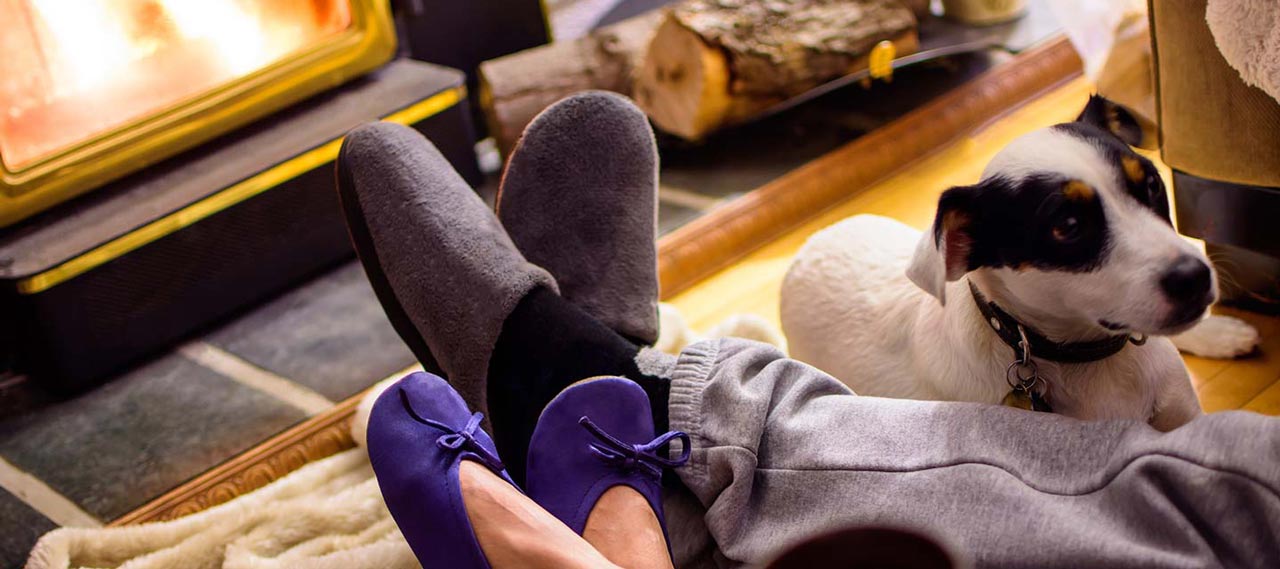
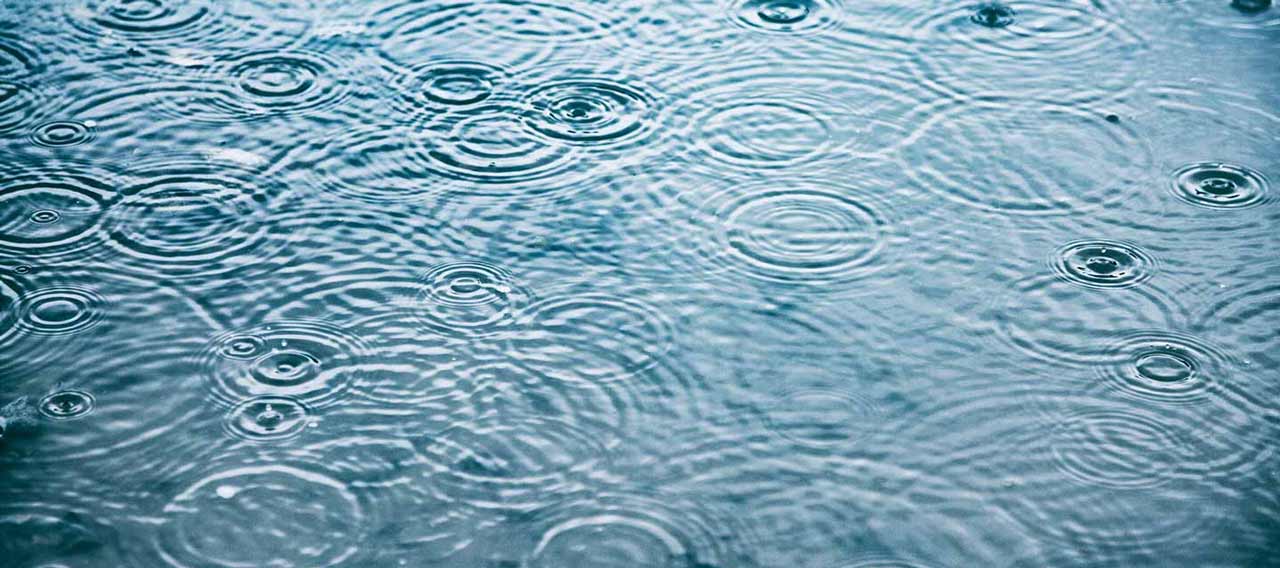
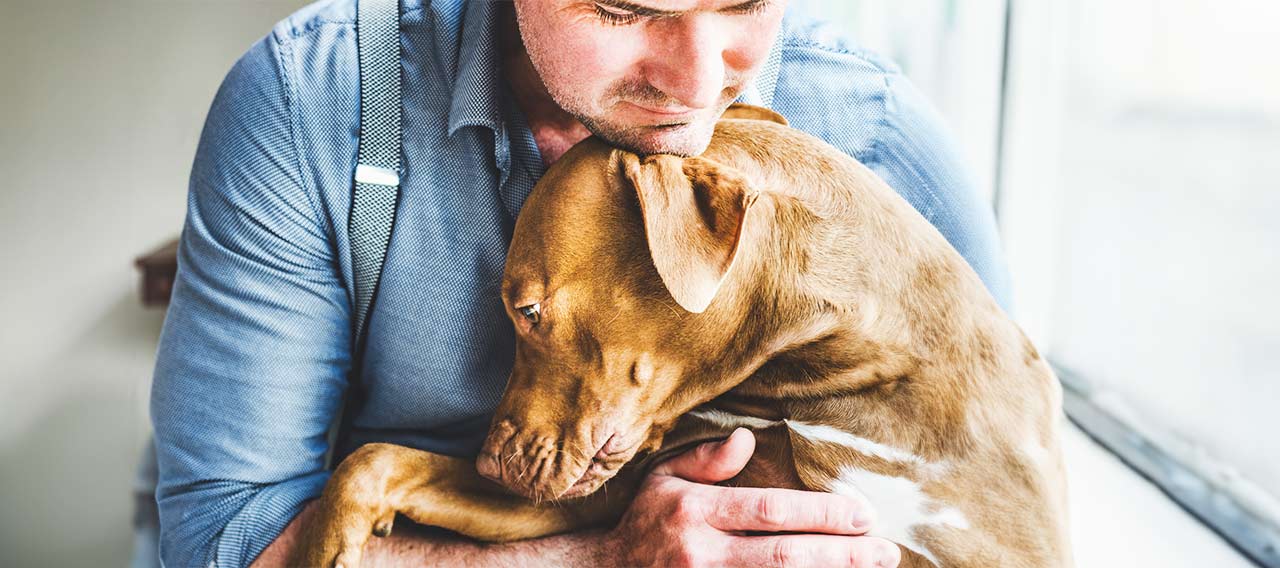
This document is advisory in nature and is offered as a resource to be used together with your professional insurance advisors in maintaining a loss prevention program. It is an overview only, and is not intended as a substitute for consultation with your insurance broker, or for legal, engineering or other professional advice.
Chubb is the marketing name used to refer to subsidiaries of Chubb Limited providing insurance and related services. For a list of these subsidiaries, please visit our website at www.chubb.com. Insurance provided by Chubb Insurance Company of Canada or Chubb Life Insurance Company of Canada (collectively, “Chubb Canada”). All products may not be available in all provinces or territories. This communication contains product summaries only. Coverage is subject to the language of the policies as actually issued.

